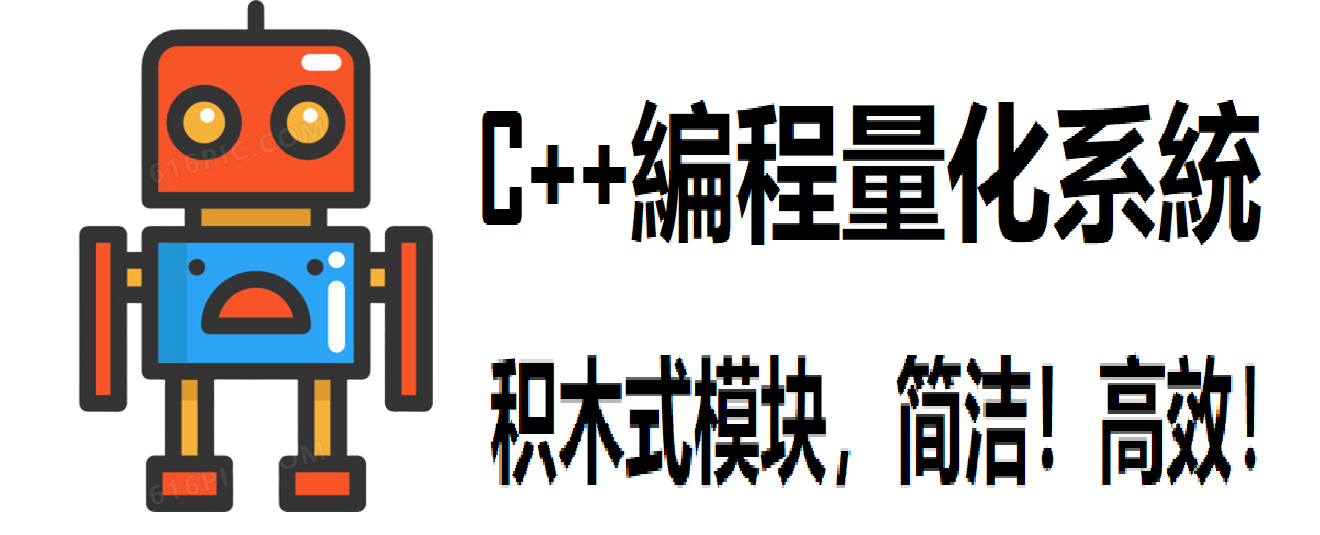for-to loop【FOR循环语句】
编程时,有几种情况需要重复某些操作,例如计算平均范围时。我们可以为每个过去的价格柱单独编写代码,但重复执行相同的编程代码会更有效率。常见的 PowerLanguage 循环是for-to 循环。这个循环重复执行代码,直到循环计数达到某个值(MultiCharts Wiki,2012a)。该循环计数在每个循环循环结束时增加一。
for-to 循环具有以下默认模式(MultiCharts Wiki,2012a):
[code]for counter = beginValue to endValue begin
// Code to execute repeatedly
end;[/code]
[p=30, 2, left]for-to 循环包含三个部分:[/p][list][*]阿counter与环计数值的变量。该变量被赋予beginValue循环开始时间的值。[*]该beginValue设置环路的初始值。要开始循环,此值需要小于endValue。[*]并且endValue指定循环停止的值。[/list][p=30, 2, left]for-to 循环从 开始beginValue并持续到counter不大于endValue。[/p] for-to 循环有几个要点(MultiCharts Wiki,2012b):
该counter变量会自动在每个循环周期结束时以1增加。
该counter变量总是需要给予一个beginValue,即使该counter变量已经有一个值。
for-to 循环类似于down-to 循环,但有一个重要区别:for-to 循环counter在循环结束时增加变量,而 down-to 循环减少变量 PowerLanguage for-to 循环示例
下面是一个基本的 for-to 循环:[code]Variables:
counter(0);
for counter = 0 to 5 begin
Print("Value of 'counter': ", counter);
end;
[/code]
//> Value of 'counter': 0.00
//> Value of 'counter': 1.00
//> Value of 'counter': 2.00
//> Value of 'counter': 3.00
//> Value of 'counter': 4.00
//> Value of 'counter': 5.00 使用 for-to 循环遍历历史价格条
**** Hidden Message *****
//> High of bar = 1.28975, and low of bar = 1.28940
//> High of bar = 1.28978, and low of bar = 1.28950
//> High of bar = 1.28985, and low of bar = 1.28940
//> High of bar = 1.28979, and low of bar = 1.28937
//> High of bar = 1.28990, and low of bar = 1.28954
//> The average range is: 0.000372
页:
[1]

 QQ:
QQ:










